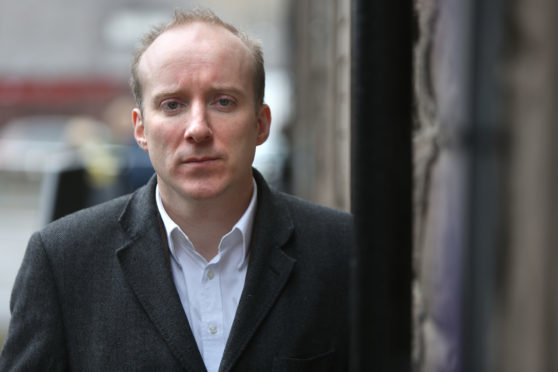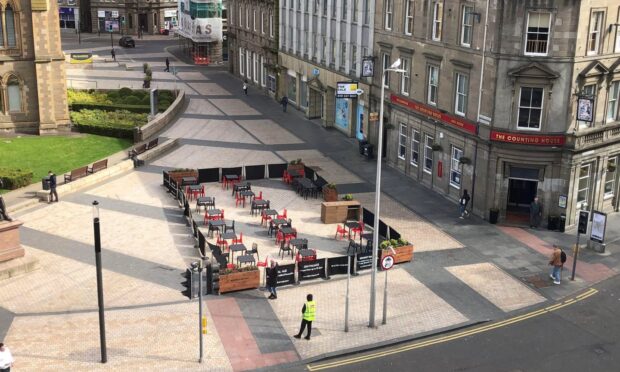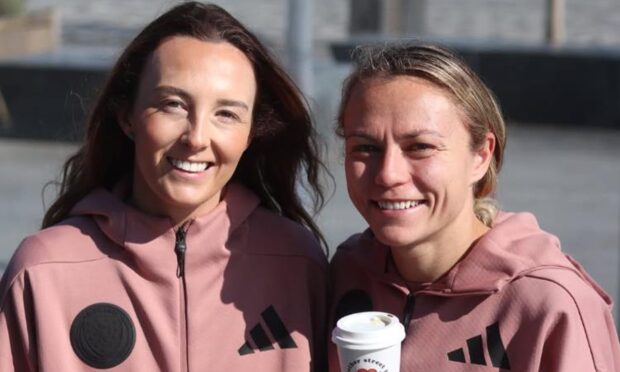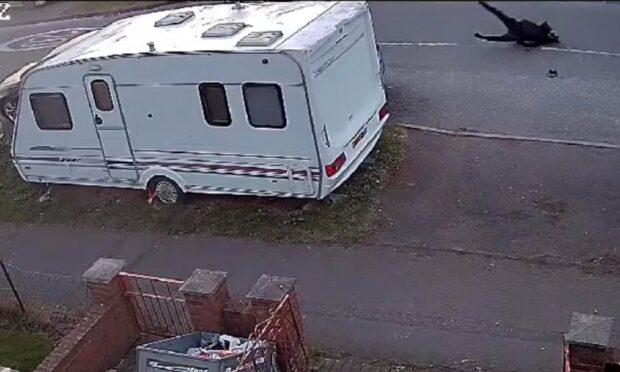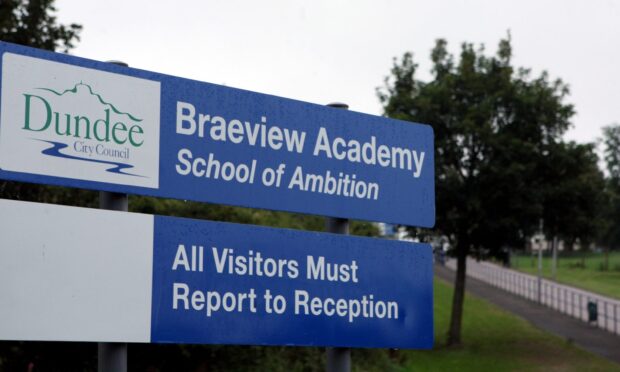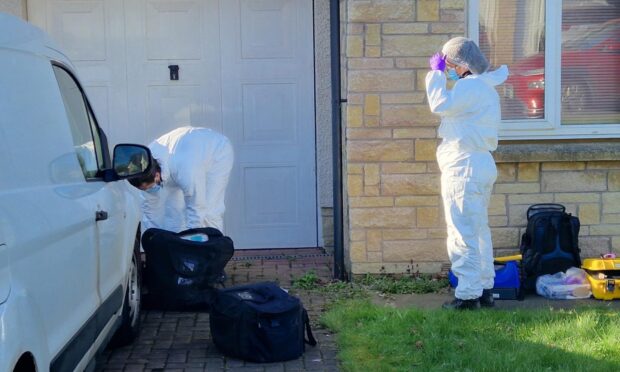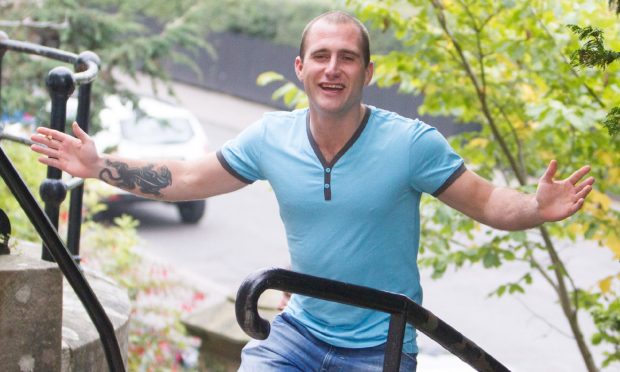A Dundee councillor has said pupils are missing out because staffing pressures are forcing schools to teach multiple courses in the same classroom.
Lochee Labour councillor Michael Marra said the practice means teachers are forced to concentrate on teaching pupils going for the most advanced qualification and hope information “trickles down” to those on the easier courses.
He said: “Year after year of SNP cuts mean teachers are delivering two, three and even four courses in the same classroom at the same time.
“I have spoken with teachers from across the city who are struggling to cope with this intolerable situation.
“Teachers are doing their best but they know pupils are not receiving the attention they need to fulfil their potential. It is little wonder that attainment is dropping.”
>> Keep up to date with the latest news with The Courier newsletter
He added: “The SNP convener has, bizarrely, denied on numerous occasions that this practice happens at all in Dundee schools.
“Teachers are being forced to ‘teach to the top’, focusing on the highest qualification in the room and hoping that some knowledge trickles down. But the areas being assessed are different for different qualifications.
“When preparing for exam time the focus is on the pupils about to sit the exam. The other pupils in the class are left without support and the attention they need.
“As a result of Labour pressure Dundee education officers have now been instructed to bring forward proposals to sort this situation. Without reversing SNP cuts to teacher numbers that is going to prove very challenging indeed.”
Children and families services convener Stewart Hunter said council officers are still trying to ascertain what the position is in Dundee schools and denied director of education Paul Clancy had confirmed the practice is happening.
He said: “Councillor Marra asked for specific information which we didn’t have to hand and I think officers are trying to figure out what the exact position is.”
He added multi-level teaching could be because of small numbers of pupils studying particular subjects rather than teacher shortages.
Mr Hunter said: “It could be the best way to teach that course but we will have to wait until we get the data.”
Meanwhile, union members have given a resounding thumbs down to proposals to introduce a faculty structure in the authority’s secondary schools.
A ballot of Dundee secondary teachers, organised by the Educational Institute of Scotland (EIS), which closed yesterday, resulted in 92% of teachers rejecting the proposals on a 72% turnout.
Dundee EIS local association secretary David Baxter said the result represented “an overwhelming rejection” of Dundee Council’s faculty plans.
“Our members have grave concerns about the council’s proposals and the impact that they will have on secondary education in Dundee,” he said.
“By voting in huge numbers against these proposals, Dundee’s teachers have made their feelings abundantly clear – it is time for the council to think again on these damaging proposals.”
Mr Baxter continued: “Evidence from other areas where faculties have been introduced confirms that this model of school structure has a negative impact on pupils and teachers alike.
“The loss of the experience and expertise of subject specialist principal teachers removes a vital layer of support, with serious implications for learning and teaching. This model also brings substantial workload implications for teachers – with additional duties inevitably falling on already overworked class teachers in many subject areas.”
Mr Baxter said the union would be sharing the results of the ballot with Dundee Council, and urging a rethink.
“The planned moved to faculties has no educational merit, and that is why it has been so resoundingly rejected by Dundee’s teachers,” he added.
